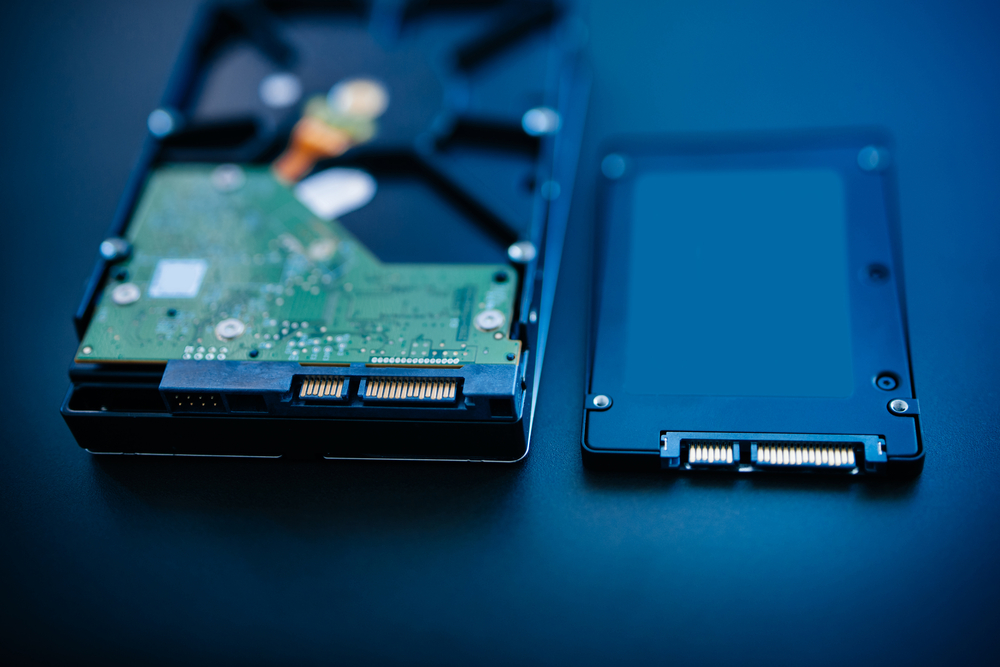
There is no doubt that technology is one of the hardest topics to keep up with. By the time that a new technology is understood, it is being replaced. For many, the new technology is also too expensive or risky to considering adoption. So while early adopters reap the benefits when things go well, they also pay a lot to prove that the technology will work as promised.
An example would be the types of drives used in computers and point of sale (POS) terminals. For years, the hard disk drive (HDD) was the only real option. It did the job well but eventually the solid state drive (SSD) was created. This new drive offered many benefits but the cost was prohibitive to wide-spread adoption. As with any technology, the cost eventually comes down over time, so how do you know if moving to SSDs is the right move for your business?
Comparison
In many ways, the HDD and SSD are similar. They are both drives that allows data to be stored and retrieved on a computer; however, the manner in which they operate are different, which causes some key advantages for the SSD.
Speed
The SSD is faster; some can be 10x faster, or more, than HDDs. Much of the increased speed is because the HDD reads/writes data based on a specific location on the drive. SSDs do not store based on location so it can provide data much faster.
Heat
Hard Disk Drives use moving parts that rotate and create heat. The Solid State Drive uses no moving parts. This reduces heat production and extends the life of your POS system, since heat can cause serious issues over time.
Reliability
When first released to the market, SSD had some issues with reliability but almost all of the issues have been remedied. In fact, due to the lack of moving parts, many consider SSD to be the more reliable product.
Vibration Sensitivity
Since the HDD uses moving parts, vibrations can cause issues. The SSD does not have the same concerns. For this reason, many applications preferred the use of the SSD for years to improve performance wherever vibration was a concern.
Cost and Capacity
This is probably the primary reason that IT professionals continued to choose the HDD in past years. The SSD was considerably more expensive but like most tech products, cost lowers over time. A 128GB SSD is about the same cost of a 500GB HDD. So the playing field is not quite level here yet but it is much better than it was in the past. So this is one area where the HDD still has great value. For the cost, the HDD provides much more storage and is available in larger capacities for that reason. Hard disk drives are 500GB and larger while Solid State Drives are typically only available in 128GB – 512GB. Other capacities are available but are not commonly used due to their high cost.
So which is best for you?
The facts above are quite compelling; the SSD is technologically superior in almost every way. The only possible issues are capacity and cost. However, with most software programs relying more and more on cloud computing, available storage on a POS terminal is not nearly important as it was in the past. In the past, only special situations justified using a SSD but now there are few reasons not to use it.
Co-contributor: Joe Easton

